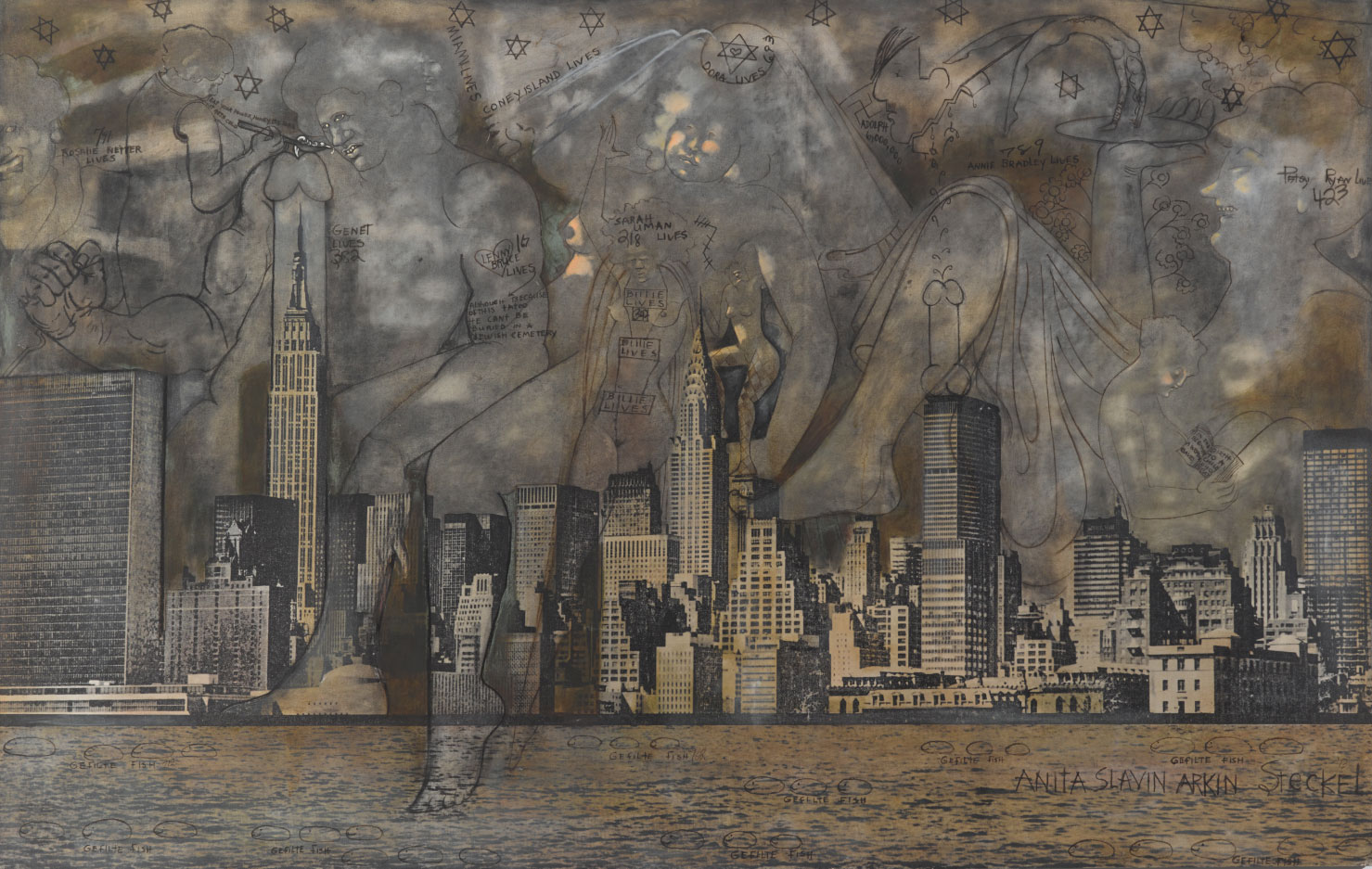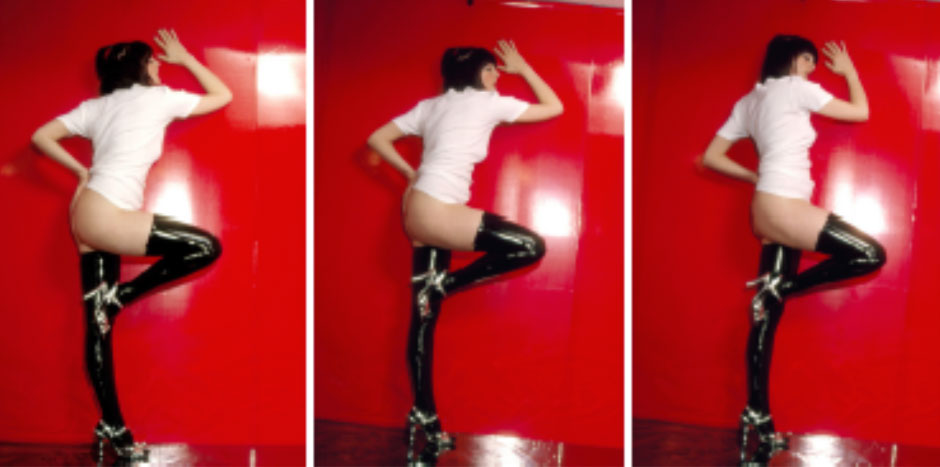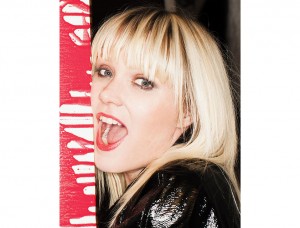Black Sheep Feminism Attacks Dallas: Controversial New Show Takes On Sex, Abortion Clinic Violence and F Words Without Fear
BY Catherine D. Anspon // 01.07.16Alison Gingeras, an adjunct curator at Dallas Contemporary, likes to talk about the "F" word.
Five minutes with international curator Alison Gingeras, whose “Black Sheep Feminism: The Art of Sexual Politics” promises to have tongues wagging as it takes over a huge swath of the Dallas Contemporary. Gingeras’ official first show as adjunct curator with the Contemporary features works by a quartet of saucy, insistent 1970s-era feminist talents from the outer orbits of the art galaxy — Cosey Fanni Tutti, Betty Tompkins, Joan Semmel and Anita Steckel, four artists making a bold group museum debut. From Tompkins’ unprintably titled canvases to Tutti’s casting of her self in soft-porn Magazine Actions, this exhibition makes Richard Phillips‘ 2014 DC solo look tame.
Also expect Steckel’s droll little collages of copulation atop skyscrapers, and Semmel’s couples in compromising positions, painted with an intense, film noir realism. Do keep in mind that all of these creations came to light a decade before the Guerrilla Girls began their assault on the sexism of the museum world and began demanding fair gallery representation for women artists.

When you began contemplating the “F word.”
I have been thinking about the “feminist” problem for some years now — partially motivated by the fact that I was beginning to prepare a book on my writings over the past 15 years. During this editorial process, begun more than five years ago, I noticed that I had been writing much more about male artists — even if they also share a certain political edgy position or are maybe on the fringes of art-world approbation. I have been challenging myself to question my own canon of art historical interests and have been writing and researching challenging women artists ever since this epiphany — leading up to this exhibition.
I was also very much influenced by the wave of feminist art shows that have happened over the past years — such as Connie Butler’s wonderful survey “WACK! Art and The Feminist Revolution” — in which a certain consensual history of feminist history has begun to emerge. I have been interested in further mining the fringes of this history for the most challenging artists. and especially looking closely at artists who have not been fully reconsidered, or who continued to suffer from being censured at the height of the feminist political activities of the 1970s.
Discovering the “Black Sheep.”
I have worked with some of the artists before — for example, I co-curated an exhibition at Tate Modern in 2009 that was called “Pop Life” that included the work of Cosey Fanni Tutti, and I had the pleasure of knowing her. I have also done some group exhibitions that have included Betty Tompkins and have been visiting her studio during the past five years.
The impetus for bringing these four artists together is that they really represent a radical edge to the history of feminist art practices — and despite the decades that have passed and the shifts in sociopolitical mores, their work continues to disturb the mainstream sensibility and represents a still vital part of artistic agency.
Why this flock matters today.
Feminism is back on the map in terms of everyday life, pop culture and politics, especially in the U.S. While policies about reproductive choices continue to animate vociferous debates in the legislatures, and acts of violence against Planned Parenthood in Colorado generate disturbing headlines, the “F word” (feminism) is bandied about in the media in the background of these topical stories as a continuously divisive and loaded umbrella term without much depth of understanding or historical context.
On the pop culture front, the “feminist” debates play out in shows like Lena Dunham’s Girls, which causes a fury … because of the kinds of sex-positive attitudes many of the female protagonists portray.
While on the opposite side of the spectrum, old “patriarchal” symbols such as the Pirelli Calendar have just this year revised their old paradigm of having sex-bomb models as their pin up girls in favor of showcasing women of a great scope of diversity of age, race [and] sexuality, united only by their professional achievements (mostly clothed, I might add).
These kinds of pop culture shifts are examples of how these the “old” feminist debates begun in the 1970s about the politics of representation [are] “new” again.

Will the exhibition be traveling? Can we expect a catalog?
We hope so, but at this time cannot confirm another venue. Yes, we will publish a catalog … after the show opens.
“Black Sheep Feminism: The Art of Sexual Politics,” January 16 – March 31, 2016, at the Dallas Contemporary, 161 Glass St., 214.821.2522













_md.jpg)


_md.jpg)



_md.jpg)


_md.jpg)







_md.jpg)










_md.jpg)





















_md.jpg)




